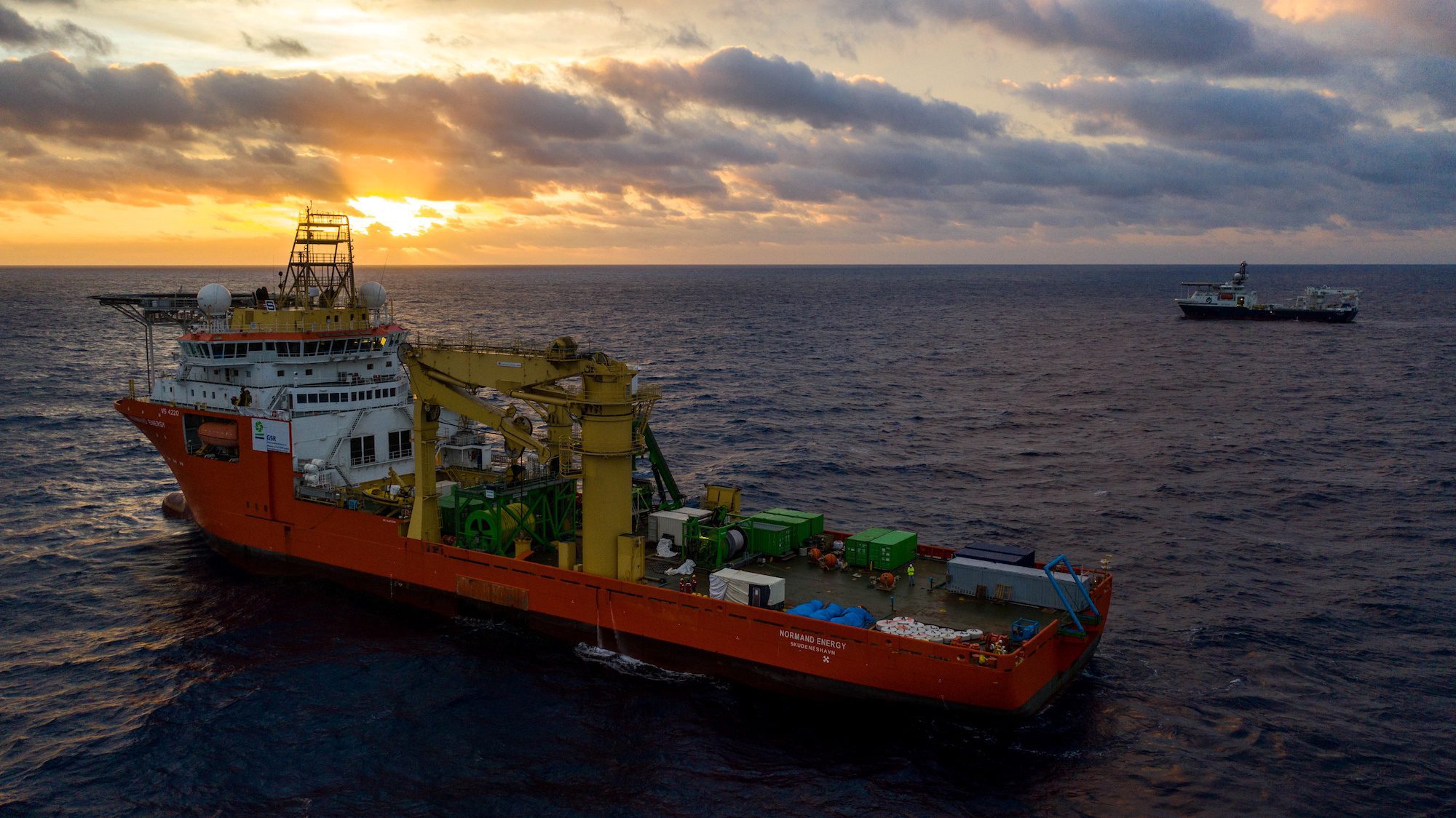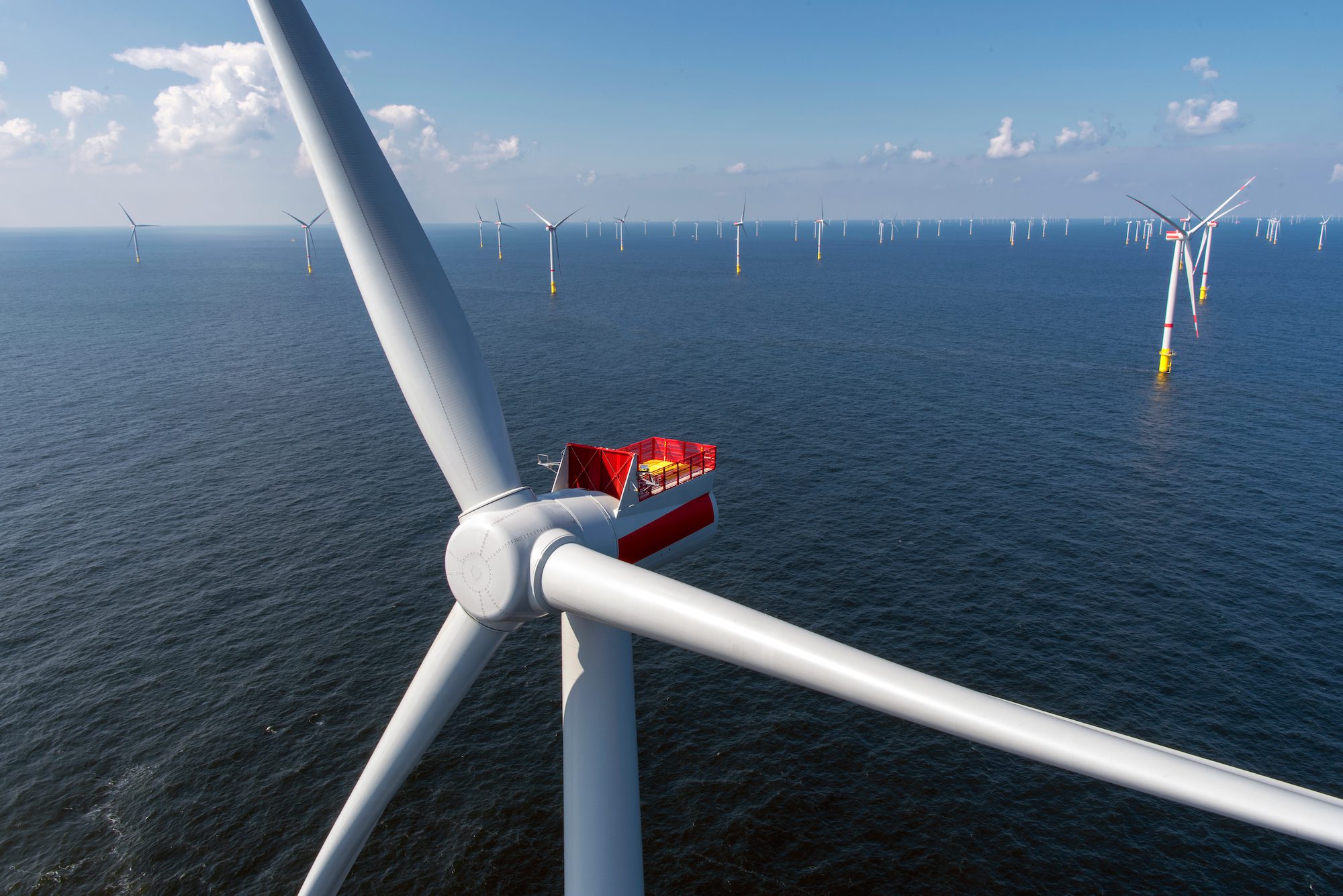by James Stavridis (Bloomberg Opinion) When I was a Ph.D. student at Tufts University almost 40 years ago, I focused on the law of the sea. I was fascinated by the culmination of the world’s most extensive international negotiating project, the United Nations Convention on the Law of the Sea (UNCLOS), which was finalized in 1982.
That treaty codified every aspect of the oceans: delineation of territorial boundaries; creation of exclusive economic zones; rights of innocent passage (even for warships); enforcement for crimes on the high seas from piracy to polluting to illegal fishing to human trafficking; and so on.
These were hard-fought international negotiations, leading to a broadly accepted treaty that still functions very well. Shamefully, the US has not ratified it, one of a tiny number of holdouts, although we adhere to virtually every provision.
Arguably the most controversial thing the treaty accomplished was to establish a regime for harvesting minerals from the ocean floor. In many parts of the deep seabed, there exist very valuable nodules of minerals including cobalt, lithium, manganese, nickel and copper. Other seabed riches can be found in polymetallic sulfides that form near hydrothermic vents.
Related Book: Sea Power: The History and Geopolitics of the World’s Oceans by Admiral James Stavridis
In my dissertation, I speculated on why the US rejected the treaty — it was largely over disagreements with the deep-seabed mining provisions and the requirement that “parties shall cooperate in promoting the transfer of technology and scientific knowledge” used to mine minerals. I always felt Washington would eventually come around to support UNCLOS for the massive strategic benefits it afforded large, seagoing nations like ours. And I felt certain America would one day lead the world in deep-seabed mining, much as we led in the exploitation of hydrocarbons a century earlier.
Boy, was I wrong.
It turns out another large, seagoing nation is firmly ensconced on the cutting edge of deep-seabed mining: China. Why has America’s big rival emerged as a global leader in this 21st century resource bonanza? And what should the US be doing about it?
Three key factors are driving China’s progress. First, it is really an extension of Beijing’s vaunted Belt and Road initiative, which seeks to ensure a steady, politically invulnerable supply of raw materials. China is natural-resource poor in many of the minerals in the deep seabed.
And unlike dealing with pesky sovereign states, which under Belt and Road must be wooed before striking exploitation agreements, the deep seabed under international waters is available for any nation that registers a claim. This process falls under the auspices of the International Seabed Authority (ISA), a UN body headquartered in Jamaica. So far, Beijing has more than 15% of the total registered claims (5 of 30); the Cook Islands and Nauru each have one. The US has none.
A second angle to China’s aggressive posture is geopolitical. The Chinese claim most of the South China Sea, in their view conveying all imaginable rights. By registering mining claims around the globe, China inserts itself at the highest levels of the UN maritime world. This is a classic Chinese play, and a smart one. Just as it has in other international bodies involving such things as telecommunications and internet regulation, Beijing seeks to position its foreign service officers and career bureaucrats in organizations that will ultimately have decisive impact on its broad maritime claims in its immediate neighborhood.
Third, while much of the technology isn’t yet mature, China believes that over time seabed mining will be highly profitable. For decades since the treaty was broadly ratified, the economics of deep-sea mining did not pan out. Land-based sources of most of the minerals had a low enough price to make the oceans unattractive from a pure profit perspective. Likewise, demand — especially for manganese and lithium — was far lower than it is today. Now, as supply tightens, demand rises and China retains a tight grip on the refinement of rare earths, the economics of the seabed are far more lucrative.
Yet the US has been little more than an observer in this race. This is partially a result of the Republican Party’s antipathy to the very idea of UNCLOS, which appears to them as yet another unnecessary, bureaucratic international treaty. There have also been business objections to the requirement to share technology used in harvesting the nodules.
Yet virtually every admiral, scholar and policymaker I know is now a staunch supporter of the treaty because of the strategic benefits it conveys. Thus, the first and most important thing the US can do is to have the Senate ratify UNCLOS. Next, the US should consider providing tax incentives to domestic companies willing to participate in seabed mining — much as we now incentivize microchip manufacturing as a national-security imperative. Third, we should look at putting together a consortium with our Western allies to conduct mining with a strategic objective.
All of this is complex, subject to shifting market conditions, and occurs at the challenging conjunction of the private and public sectors — not traditionally a comfortable operating zone for Western democracies. But the stakes are high, and China is significantly ahead of us. America needs to get to the bottom of the sea.
Related Book: Sea Power: The History and Geopolitics of the World’s Oceans by Admiral James Stavridis
James Stavridis is a Bloomberg Opinion columnist. A retired U.S. Navy admiral, former supreme allied commander of NATO, and dean emeritus of the Fletcher School of Law and Diplomacy at Tufts University, he is vice chairman of global affairs at the Carlyle Group. He is the author most recently of “To Risk It All: Nine Conflicts and the Crucible of Decision.” @stavridisj © 2023 Bloomberg L.P.
Unlock Exclusive Insights Today!
Join the gCaptain Club for curated content, insider opinions, and vibrant community discussions.

 Join The Club
Join The Club












